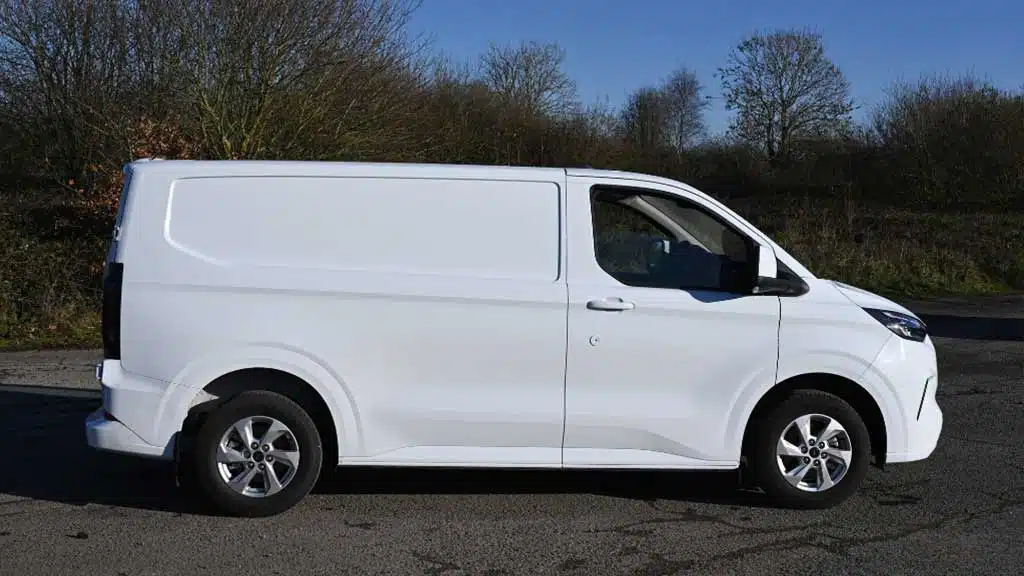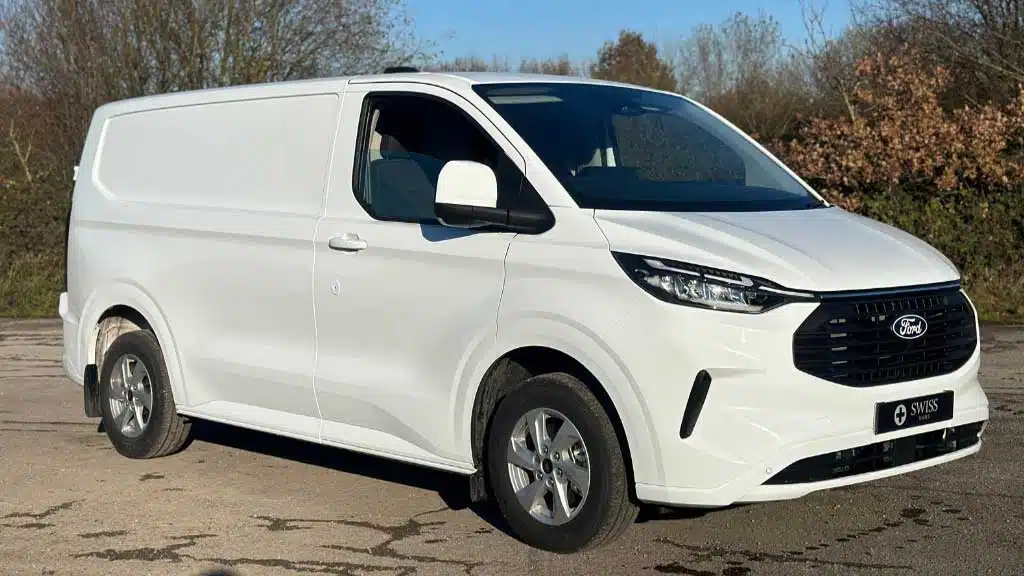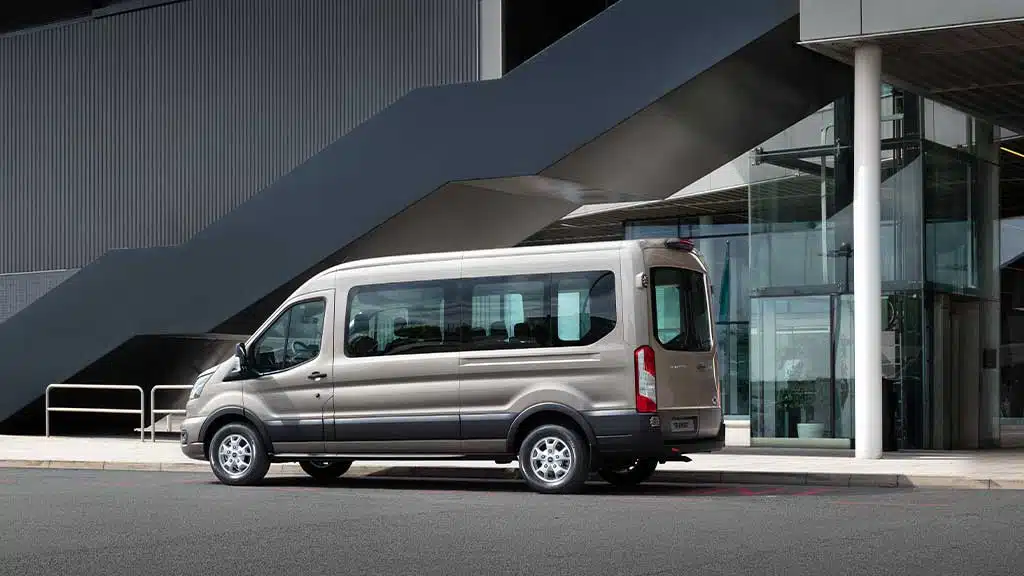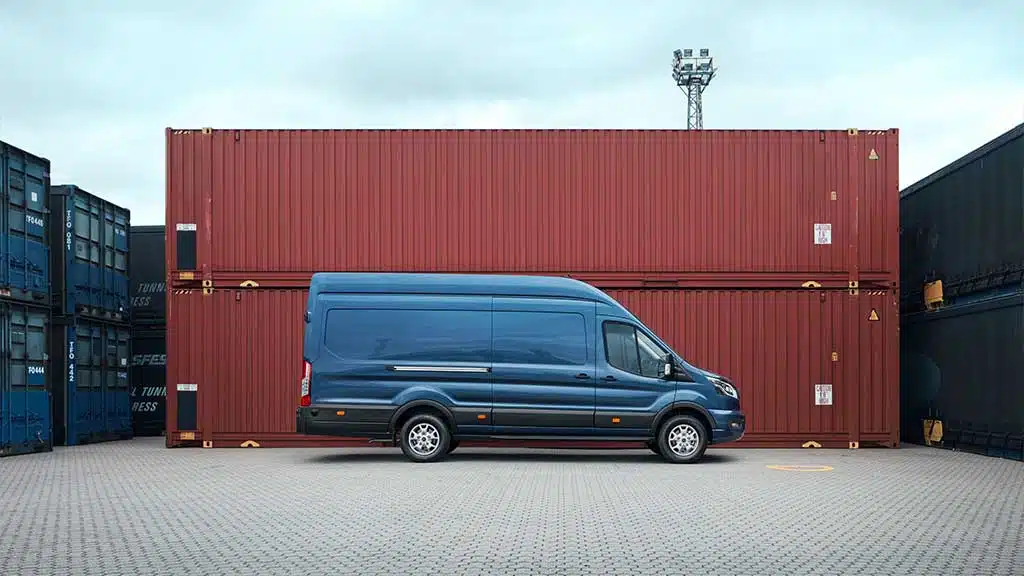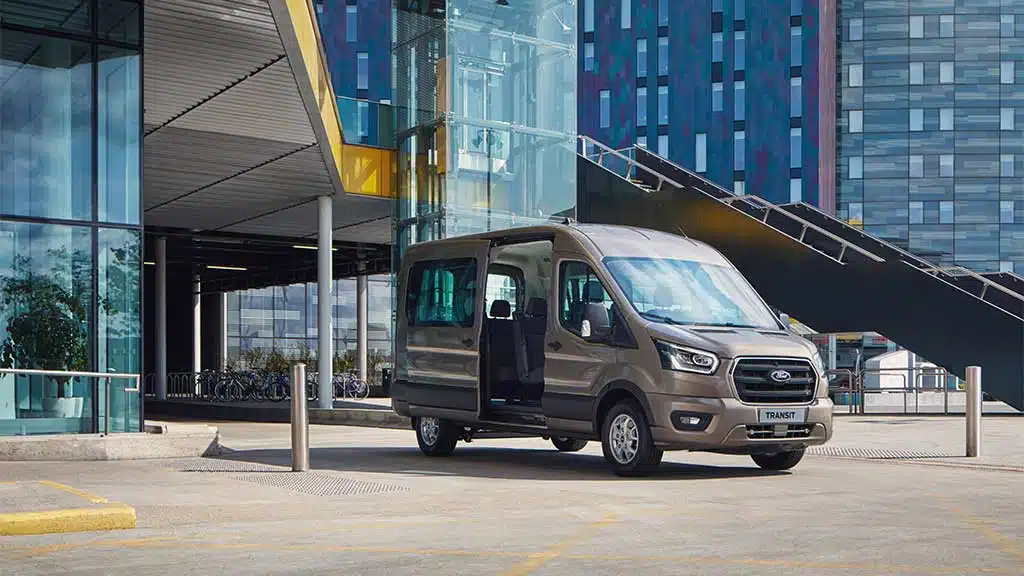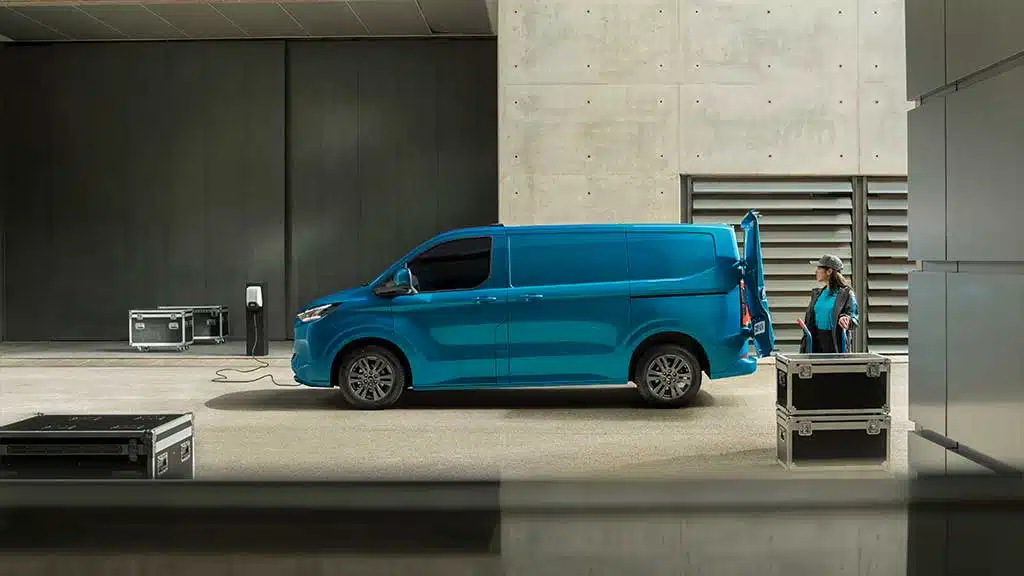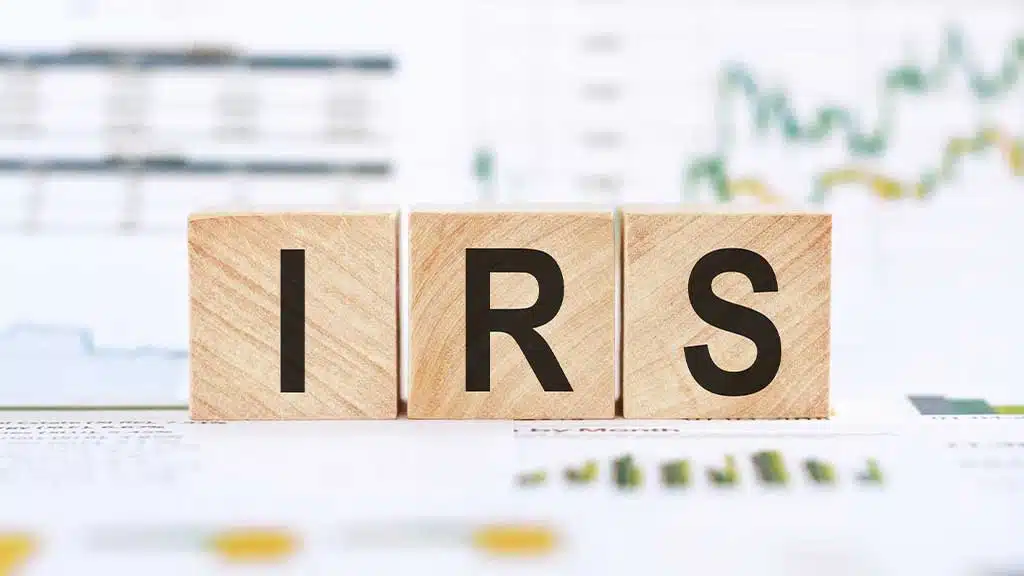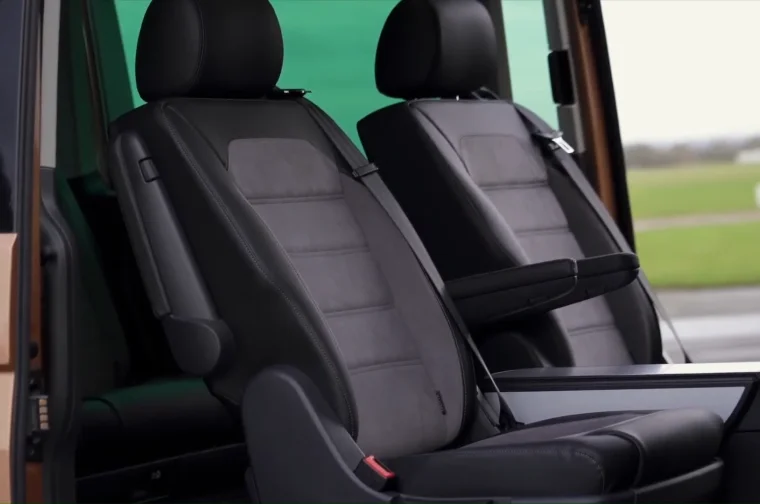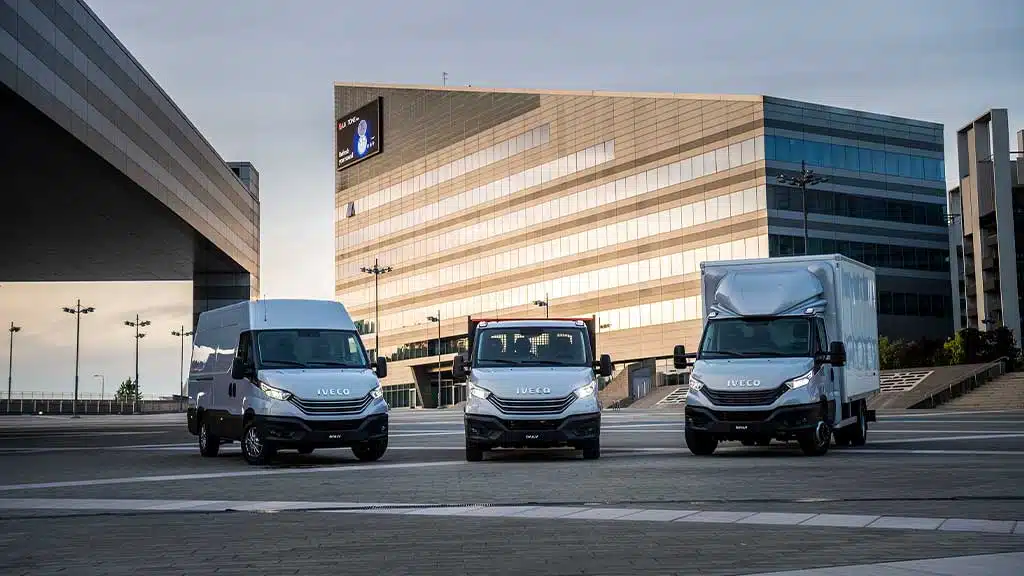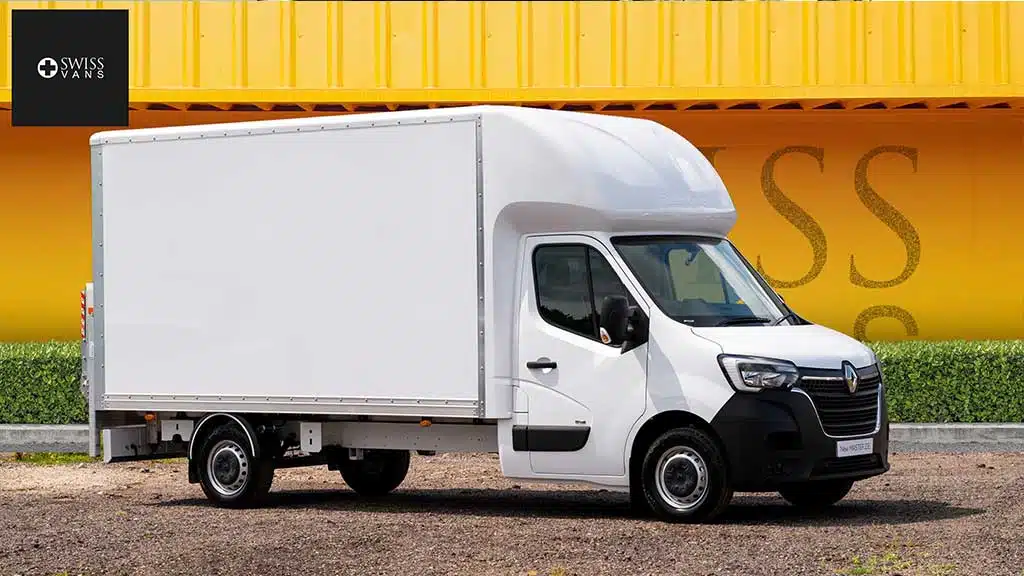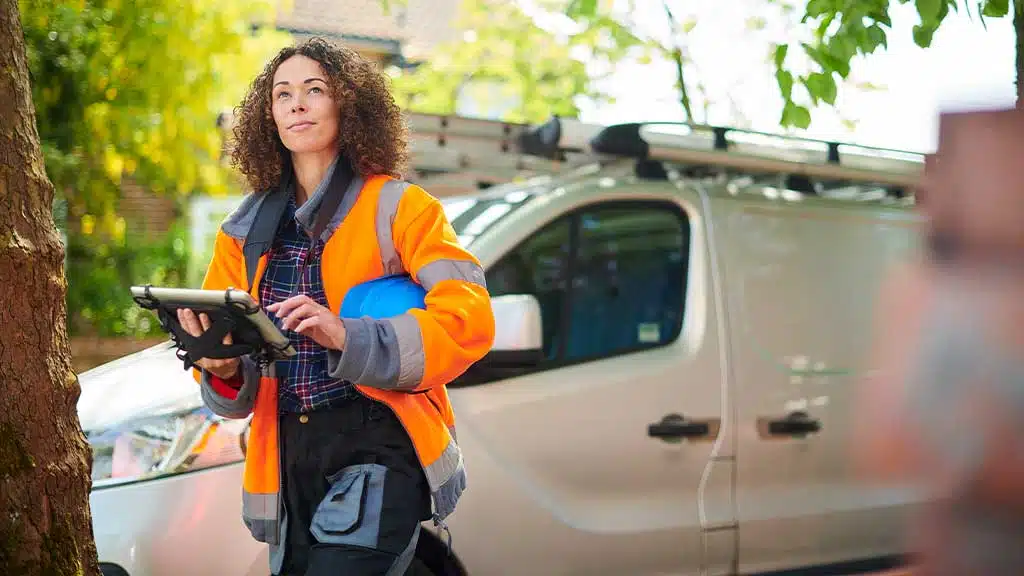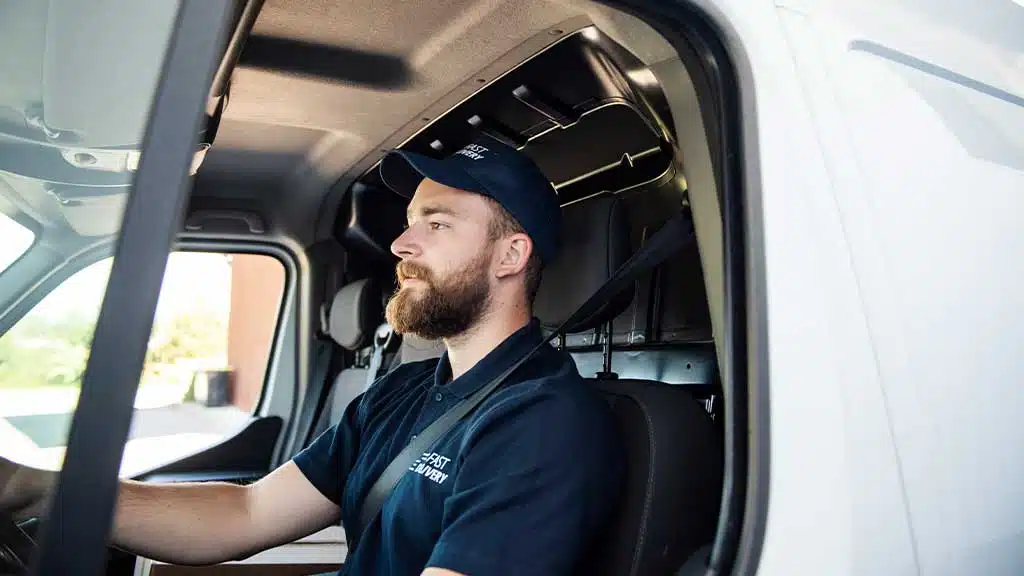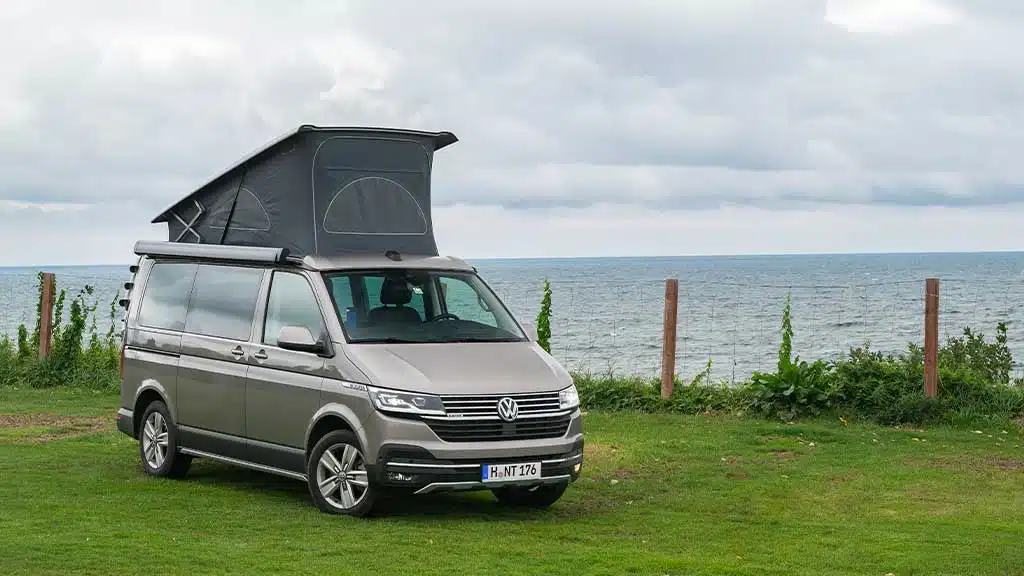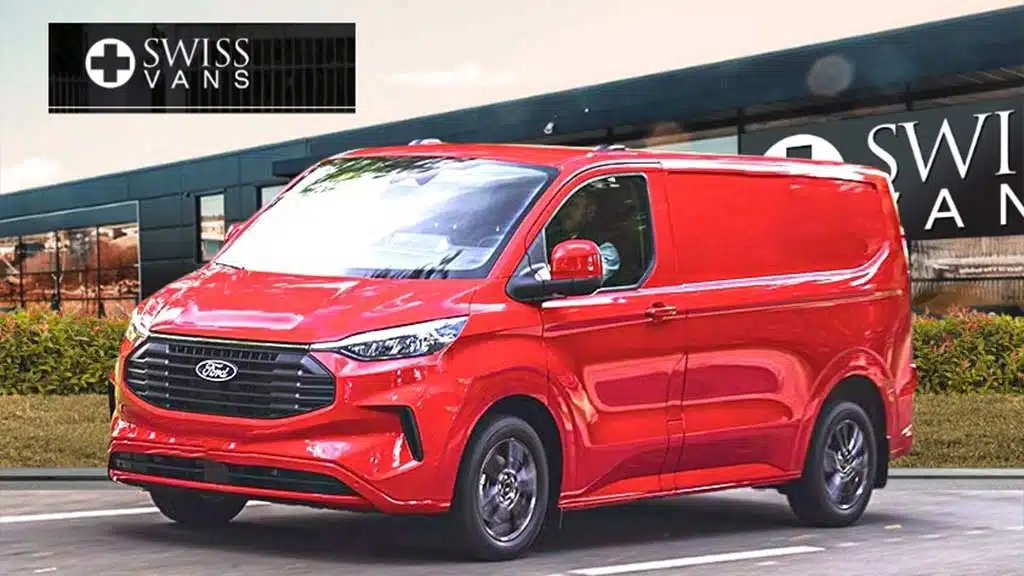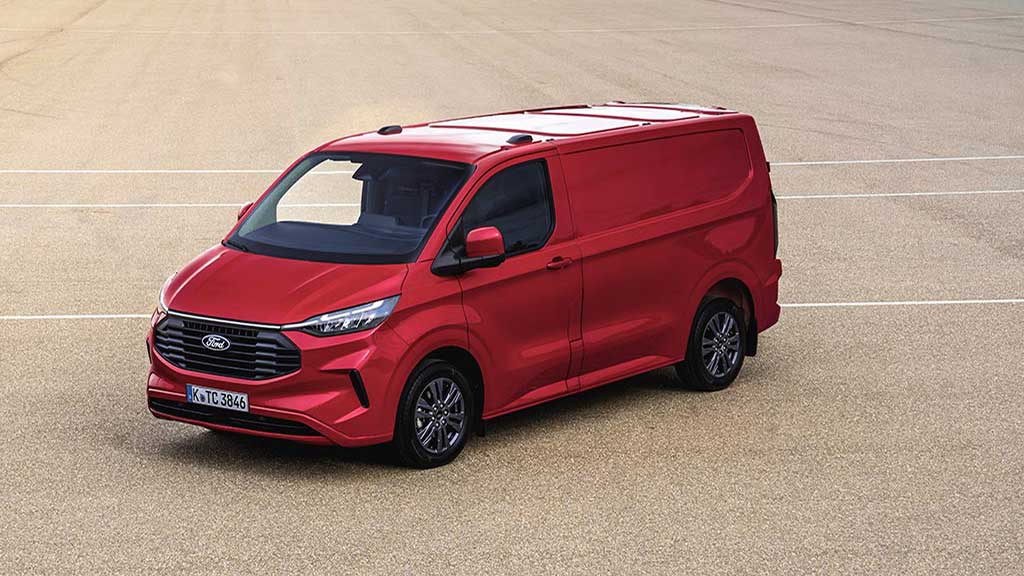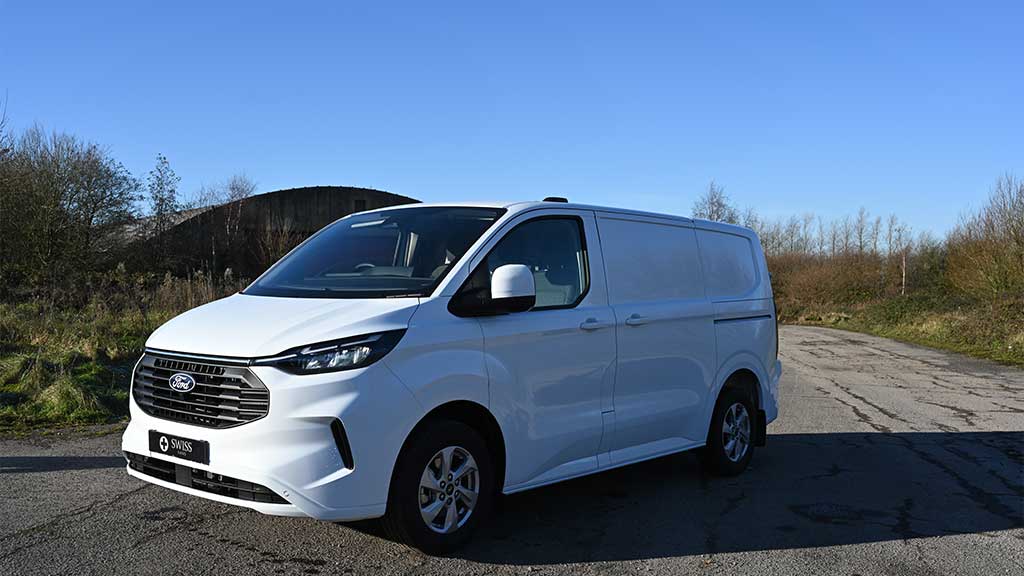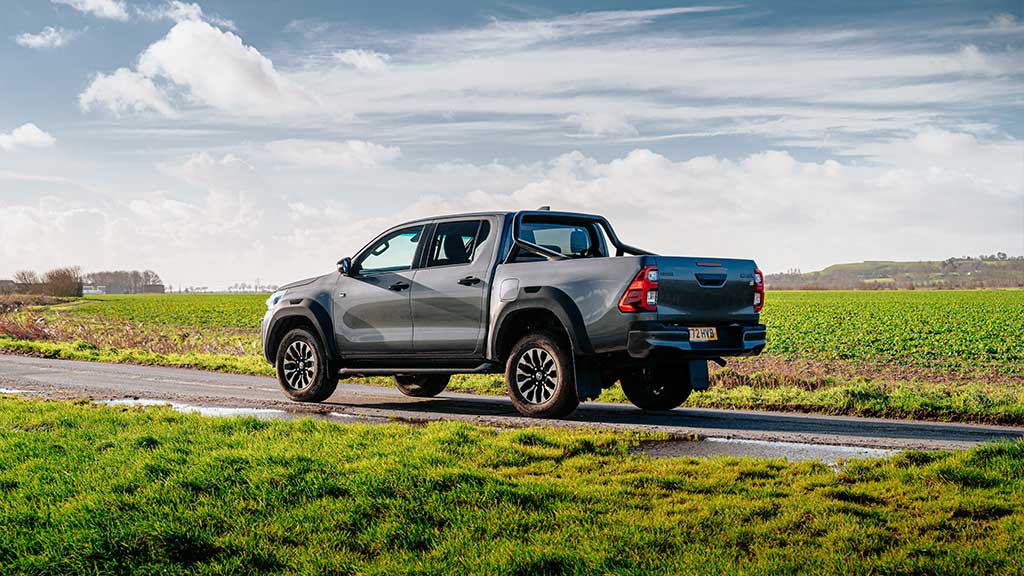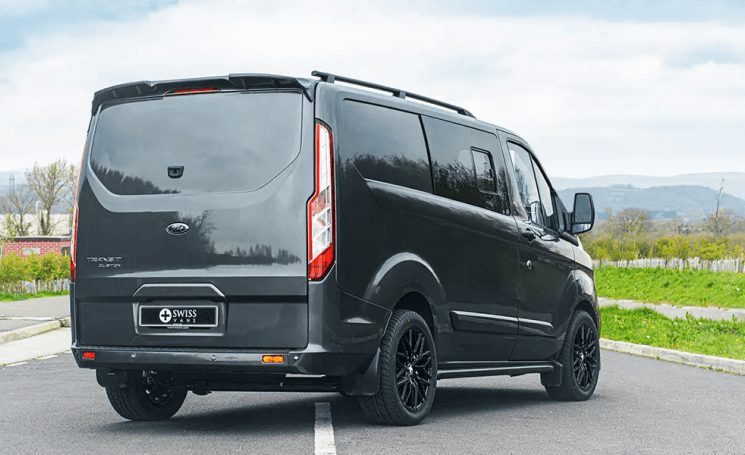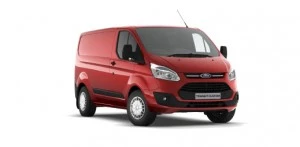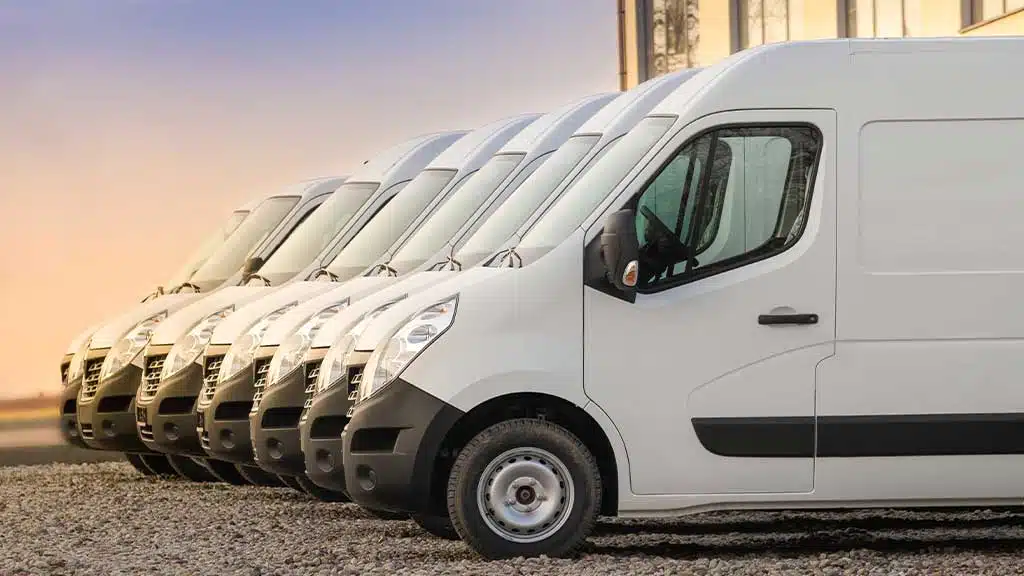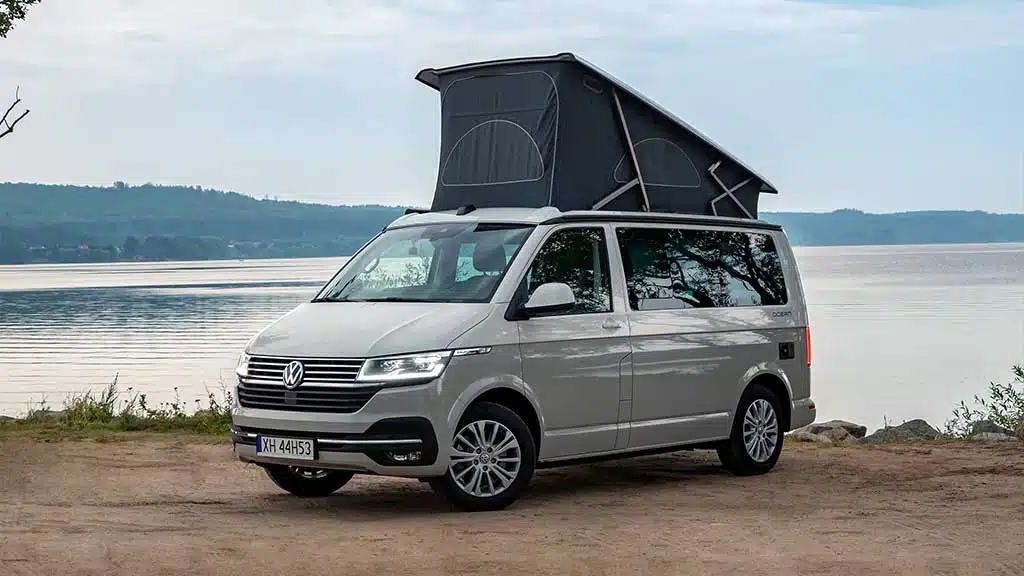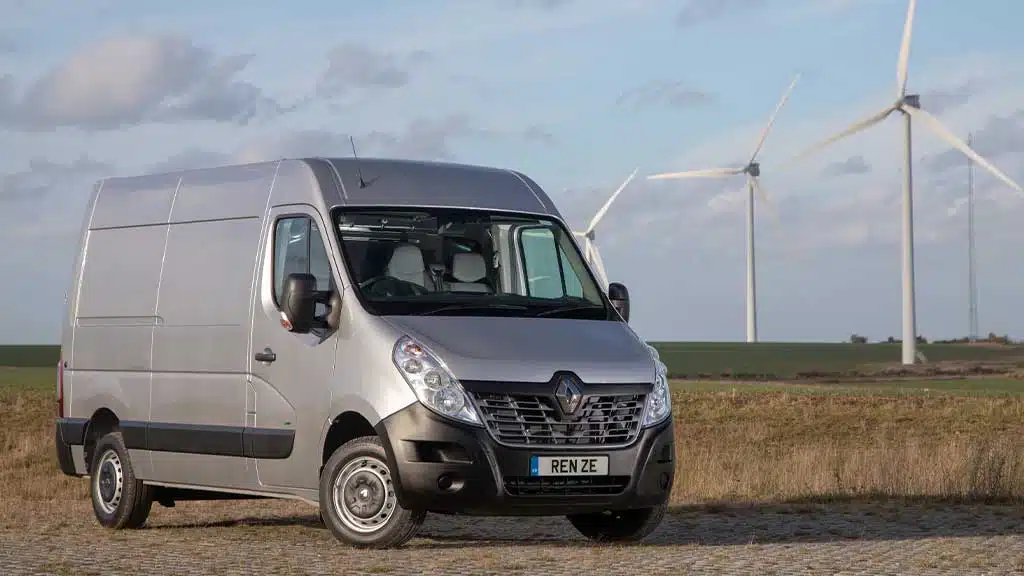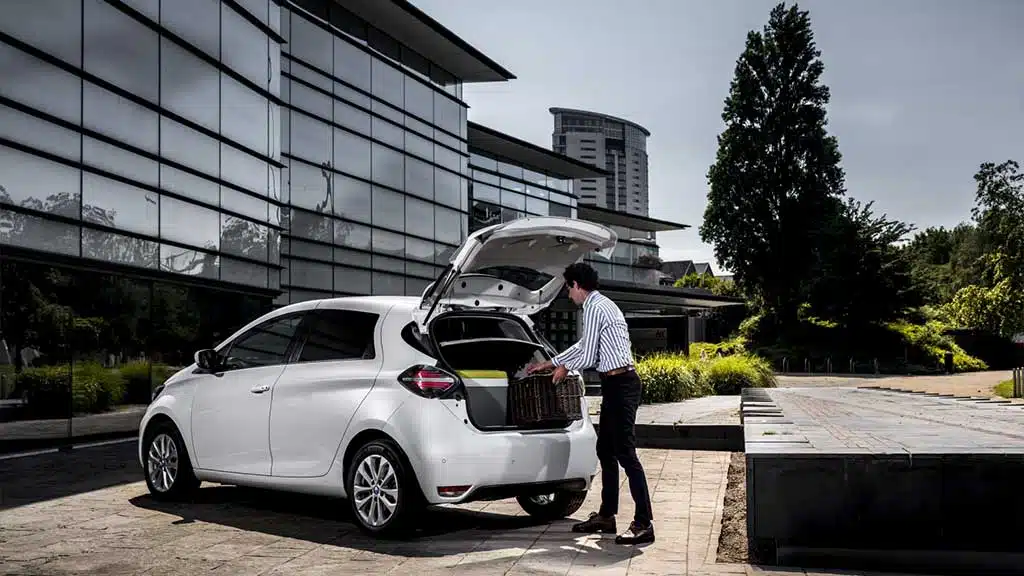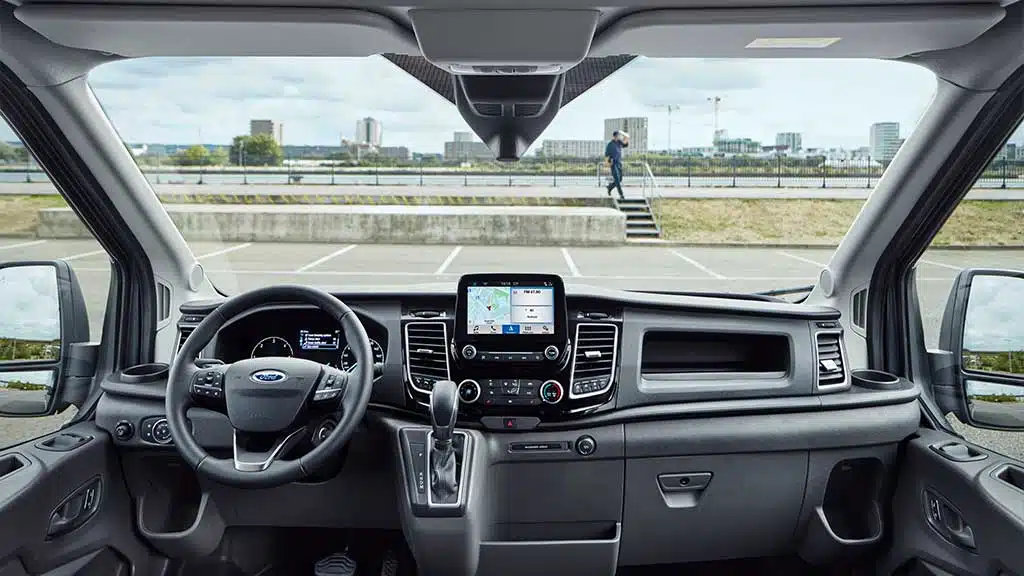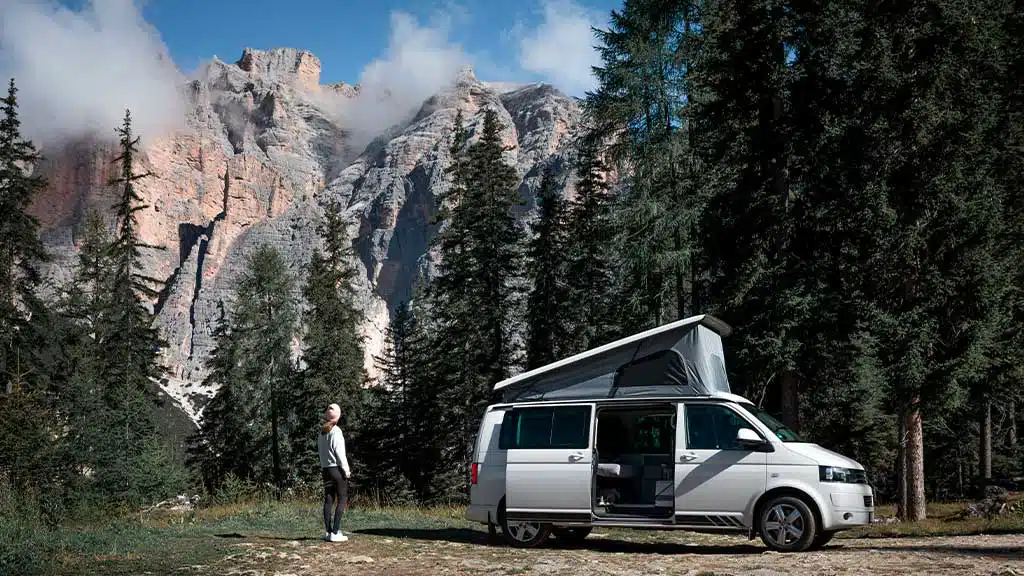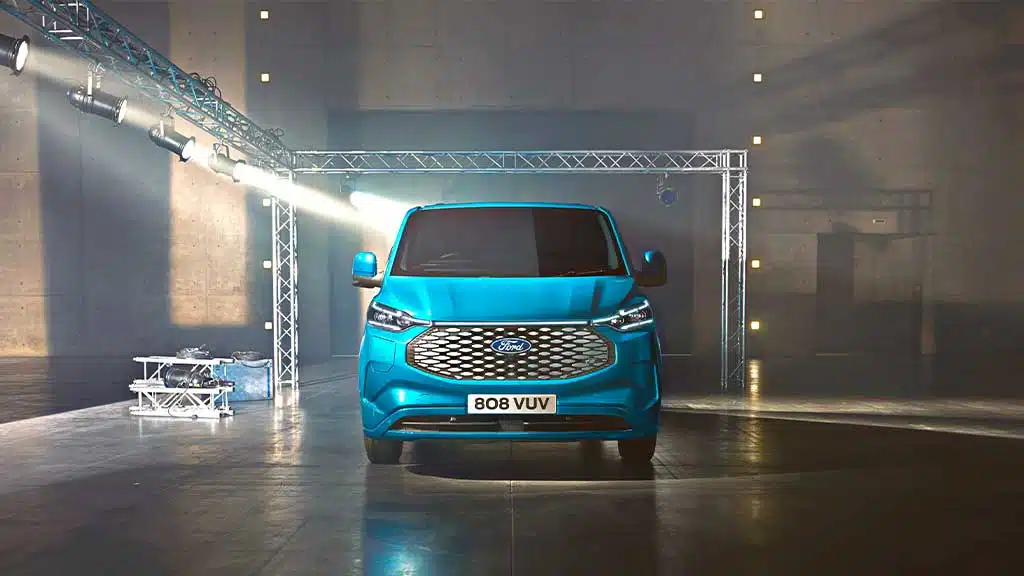Whether your business is new or established, you can lease a van for business. A new van is a huge investment. For most caterers, couriers, and tradespeople, having a van is critical for running the business successfully. Yet, it can be overwhelming to own and maintain a fleet of vans. If you use your van heavily for several years, the regular repair bills can be hefty. In addition, the vans will depreciate, reducing the money you can get back when you want to sell them. Fortunately, if you know how to lease a van for business, you can save money.
Van leasing involves using the vehicle for three to four years. Technically, the van will not be yours, but you will get to use it until the lease term ends. You pay for the usage in cost-effective monthly fees. You pay the cost of the vehicle’s depreciation over its contract length and return it when the contract ends. Your business can also reclaim up to a hundred percent of the tax. This guide to leasing a van for business covers who’s eligible, the advantages and disadvantages, what you need and how much it costs.
Reasons to lease a van for business
As you plan to lease a van for business, you must consider the pros and cons. Thankfully, the benefits of leasing a van outweigh the disadvantages. Here are the benefits of commercial van leasing:
Fixed monthly cost
Before signing the contract to lease a van for business, you will agree to pay a specific monthly fee that will remain the same throughout your lease. Therefore, you will always know how much you are spending on transportation costs. This can allow you to manage your business’ cash flow better. You can plan and manage your finances.
Drive the latest model
When you lease a van for business, you can drive a new model every few years. It is like replacing your mobile phone and upgrading to the newest model. After your lease ends, you just hand over the van and choose the new model you want.
No need to worry about depreciation
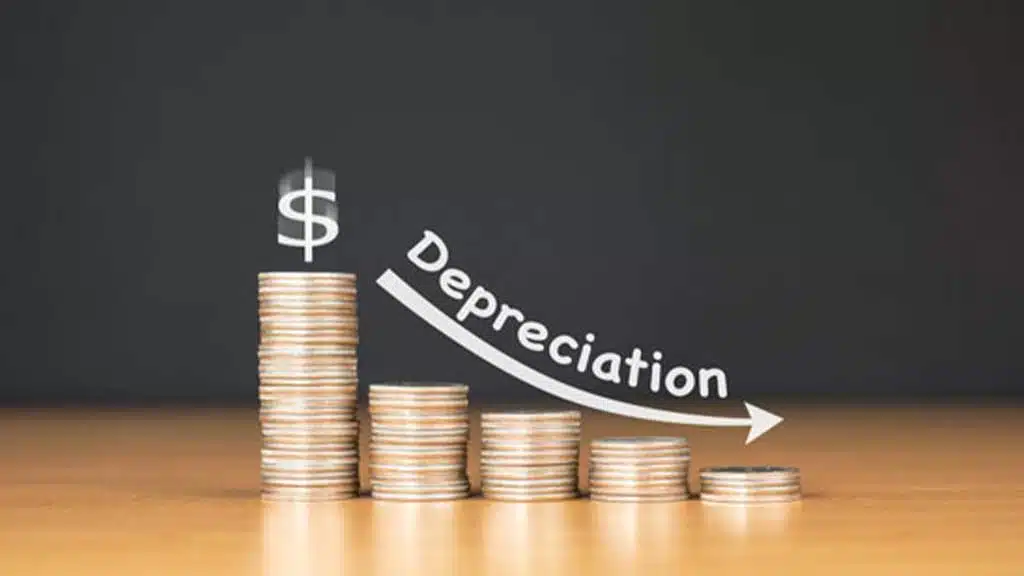
When you buy a new vehicle, its value depreciates over time. If you lease a van for business, you will not worry about depreciation. You return it and select your next lease. If you are leasing a fleet of vans, you will not have to worry about how much you can sell them off for a good deal. You can easily upgrade them with new vans.
No road tax to pay
Road taxes are included in the monthly lease fees. In addition, the lease car warranty provides coverage for the entire contract term, based on the manufacturer.
Tax benefits
Being able to claim back the value-added tax is one of the main benefits of commercial van leasing. You get to use the vehicle for business and commutes and can still claim back your monthly lease payment as a tax-deductible expense.
Lower maintenance costs
As part of the enterprise cargo van lease agreement, you can get great deals on maintenance packages that you would not qualify for if you purchased the van.
Disadvantages of leasing vans for business
No option to buy
If you are a business owner who likes to own a van, you may consider having to return it at the end of the lease as a disadvantage. Unlike a personal contract purchase, you do not have the option to provide a balloon payment when the lease ends to buy the vehicle.
Mileage limits
The other aspect of commercial van leasing that some business owners can see as a disadvantage is having to forecast the number of miles, they are likely to drive throughout the lease. There’s a cost of going over the mileage limit. This is one reason why using a leased business van for personal use is not recommended. It is vital to control the number of miles a van travels. However, you can choose a high-mileage lease if you need one.
Vans should stick to BVRLA guidelines

After you lease a van for business, you must return the van in good condition based on BVRLA guiding principles for Fair Wear and Tear. This can be challenging to maintain if you use the van to transport heavy materials. If the van sustains substantial damage, you will pay an extra charge. Yet, you would not want a damaged vehicle whether you leased or purchased it. Thus, you must repair the van to remain in business and maintain a good reputation.
The systematic process of leasing a van for business
- Select the van you want – Choose the most suitable van based on your business needs. Lenders have a wide range of the latest models.
- Select your lease package – Choose the kind of lease you want, how long you want to lease the van such as 2, 3, or 5 years, and the number of miles you think you will drive in that period.
- Provide the necessary financial details – As you lease a van for business, lenders will ask for details to get credit from the finance firms they partner with. They then perform a credit check to ensure you can afford the payments. Inform the lender how much you can afford to pay initially, and they’ll take a holding deposit to secure your van.
- Van delivery – After the lender sorts out the paperwork, the van will be delivered from the dealer to your physical address.
- Use the van until the contract ends – With the van, you can keep your business moving until the end of the lease.
- Return the leased van – When the lease ends, just return the van to the lender if you wish, you can upgrade to a new or used cargo van for lease and begin the process again.
I’m I eligible to lease a van through my business?
It is easy to lease a van for business. It works similarly to the usual business car leasing process. The following businesses can be eligible:
- Sole traders
- Private limited companies or limited companies.
- Partnerships
- VAT registered firms
- Limited liability partnerships
Requirements for leasing a van

To lease a van for business, you must have the firm’s name on the contract. Therefore, the information and documents required slightly differ from leasing a vehicle for personal use.
When leasing a van for business, you must provide the following details:
- The date of birth, name, and marital status of every director.
- The company’s registration number.
- The firm’s registered address.
- The firm’s bank statements.
- Yearly net income.
The firms must go through a vehicle lease credit check because customers must have good credit to lease a van for business. The lender can also ask for more details such as the number of years you’ve been trading.
What if my business is new?
If you have been in business for a short time like one or two years, you might wonder if you need excellent credit to lease a vehicle. Typically, new businesses do not generate a large profit in their early years, and it takes time to have a good credit score. Yet, whether you have a poor credit rating or are a start-up, it’s still possible to get reliable lease vehicles. For instance, you can provide a more detailed credit history with individual credit reports and bank statements for company directors. This can offer the leasing company a better idea of whether you can make the planned payments in a timely way. You may also provide a larger upfront initial rental payment or commit to higher monthly payments as you lease a van for business. This can minimize the risk posed to the lender.
How much does leasing vans for business cost?
Different elements determine the cost of monthly payments. They include:
- The van’s cost – Generally, the monthly payments are lower when a van’s price is lower. The make and model you want will determine the leasing cost. For example, if you want a Ford van, then look at Ford commercial lease rates. Note that some costly models depreciate slower, meaning that you can get a great deal on a costlier van.
- Initial rental payment – When you lease a van for business, you can pay an initial rental fee. The amount you decide to pay upfront affects your monthly payments. If the initial rental payment is higher, your monthly payments will be lower.
- The residual value – Leasing means paying the depreciation expense. Thus, the van lease length and mileage factor into the estimated value of your van when the contract ends.

Final thoughts
Leasing vans for business is different from buying them. The difference between leasing and purchasing is simple. If you purchase a van, it’s yours. You will pay for the vehicle and own it. On the other hand, if you choose to lease a van for business, you will pay for it monthly and return it to the lender when your contract ends. If you are ready to lease a van, you can visit a car leasing comparison site to compare the best offers available. You can browse through the many businesses van leasing guides and choose the lender who meets your needs and preferences. By choosing a reputable lender, you have the security of contacting them if you encounter a problem at any time throughout your lease.



